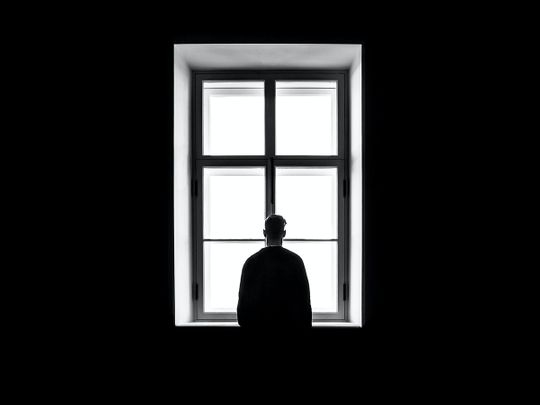
It’s a well-known fact that human beings are inherently social creatures – we’re not meant to be alone.
Click start to play today’s Word Search, where you can find the word “lone” among others.
The need for social connection is so deeply ingrained in our genes, the American author of Loneliness: Human Nature and the Need for Social Connection, John Cacioppo, claims that its absence triggers the same alarm bells as hunger, thirst and physical pain.
Unfortunately, loneliness is a modern-day epidemic – despite all the conveniences of technology, there has been a sharp increase in isolation, and therefore, loneliness. According to the American Association of Retired Persons (AARP), just in the US, the percentage of people who said they felt lonely regularly was between 11 and 20 per cent in the 1970s – in 2010, it was closer to 45 per cent.
Psychologists are beginning to understand what makes some people feel lonelier than others. A 2020 study published in the journal Personality and Individual Differences was the biggest study ever conducted on the subject of loneliness – it evaluated more than 46,000 people between 16 and 99 years old, across 237 different countries. The study came to three major conclusions:
1. Age impacts loneliness
The misconception usually is that older people feel lonelier than younger people – but the opposite is true. In general, middle-aged people are lonelier than the elderly, and young people are lonelier than middle-aged people.
2. Gender impacts loneliness
Men are more prone to be lonely than women. The finding is also influenced by age – the gender difference was smallest for older people.
3. Society impacts loneliness
Those who live in individualistic societies like the US, where one’s independent success is considered to be a significant life goal, find themselves feeling lonely more frequently than those in collectivistic societies.
All in all, the people who are most vulnerable to loneliness, according to the study, are younger men living in individualistic countries, while those who are least likely to feel lonely are older women living in collectivistic countries.
Are you surprised by the results? Play today’s Word Search and tell us at games@gulfnews.com.




